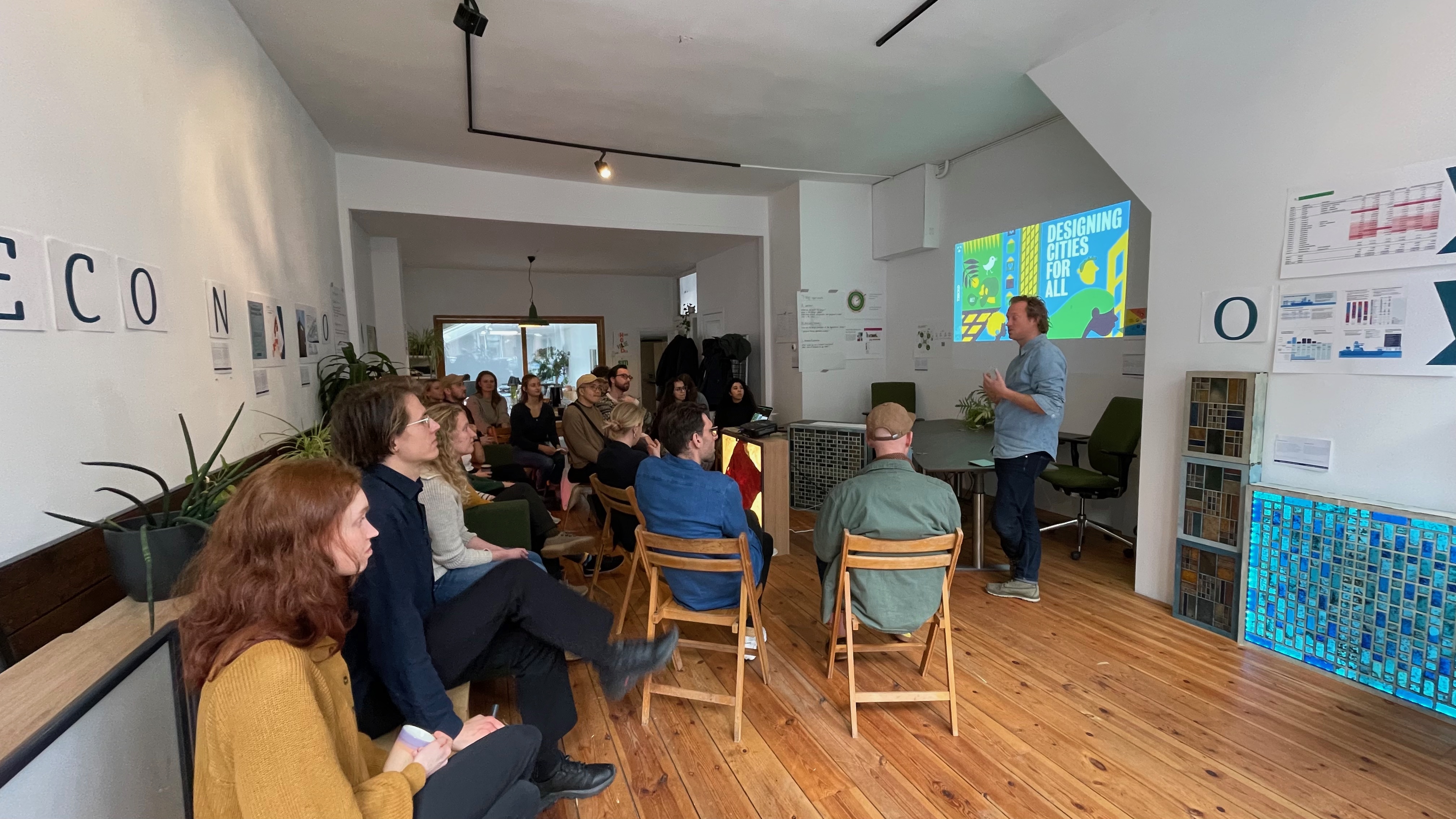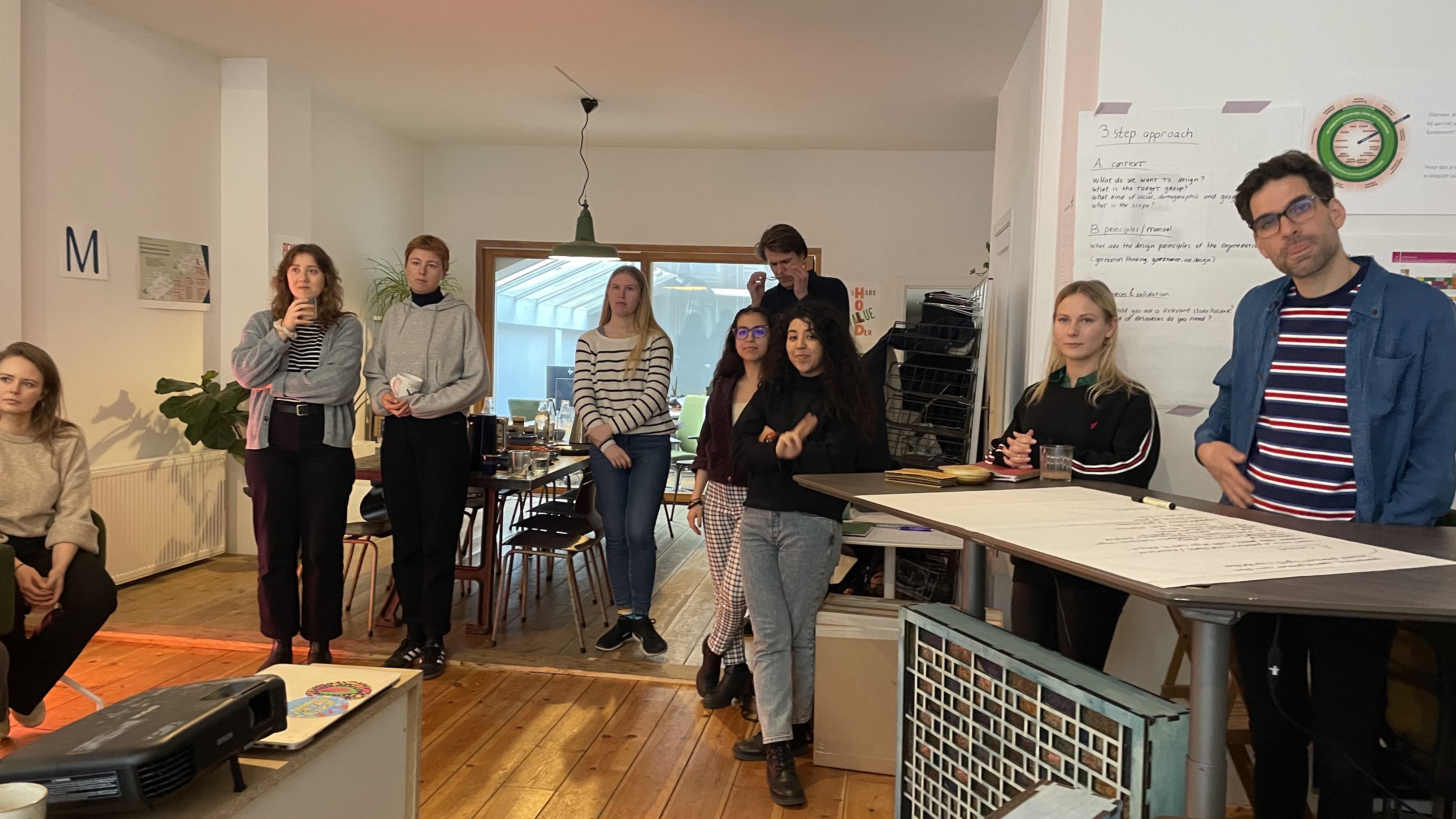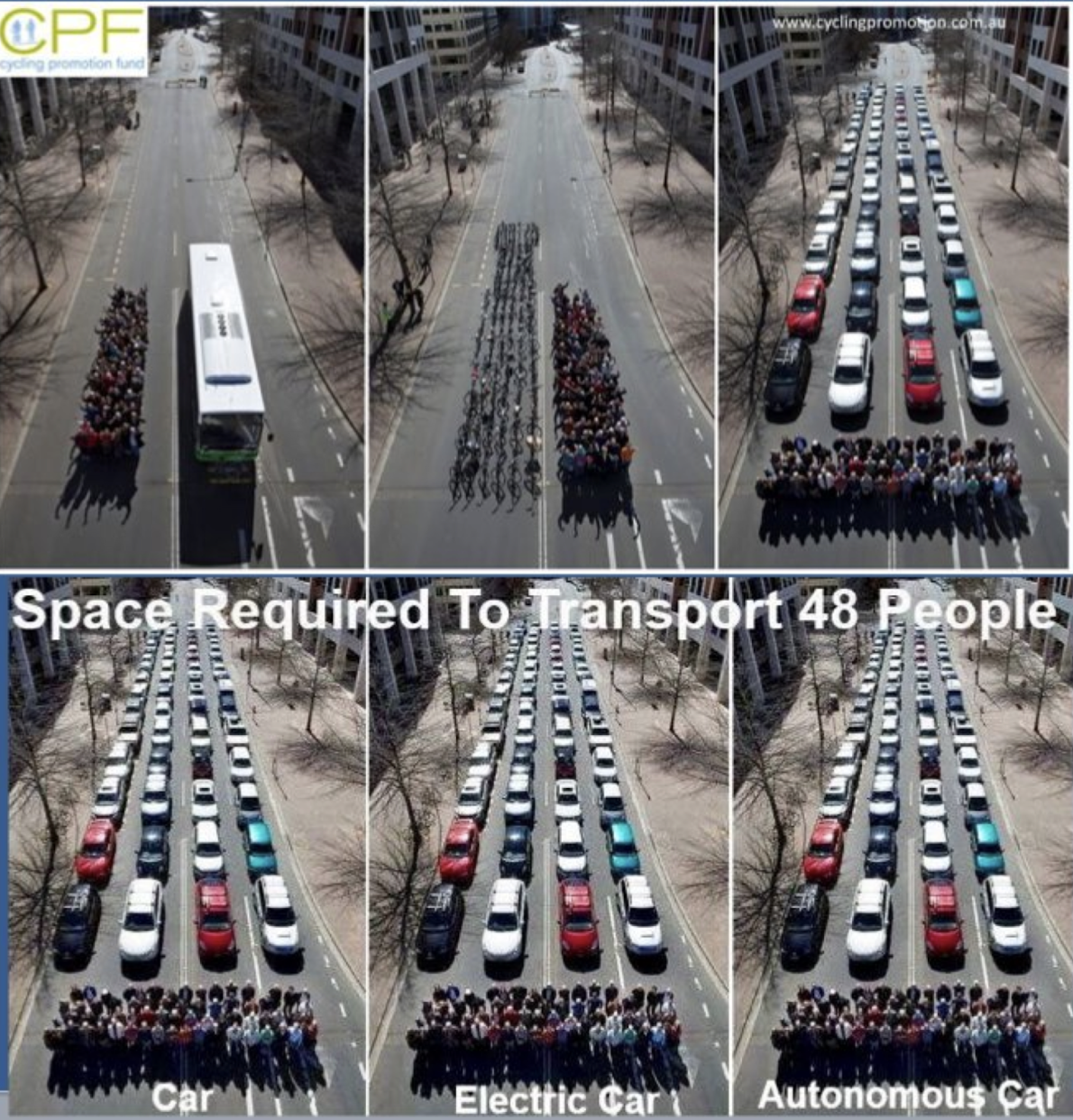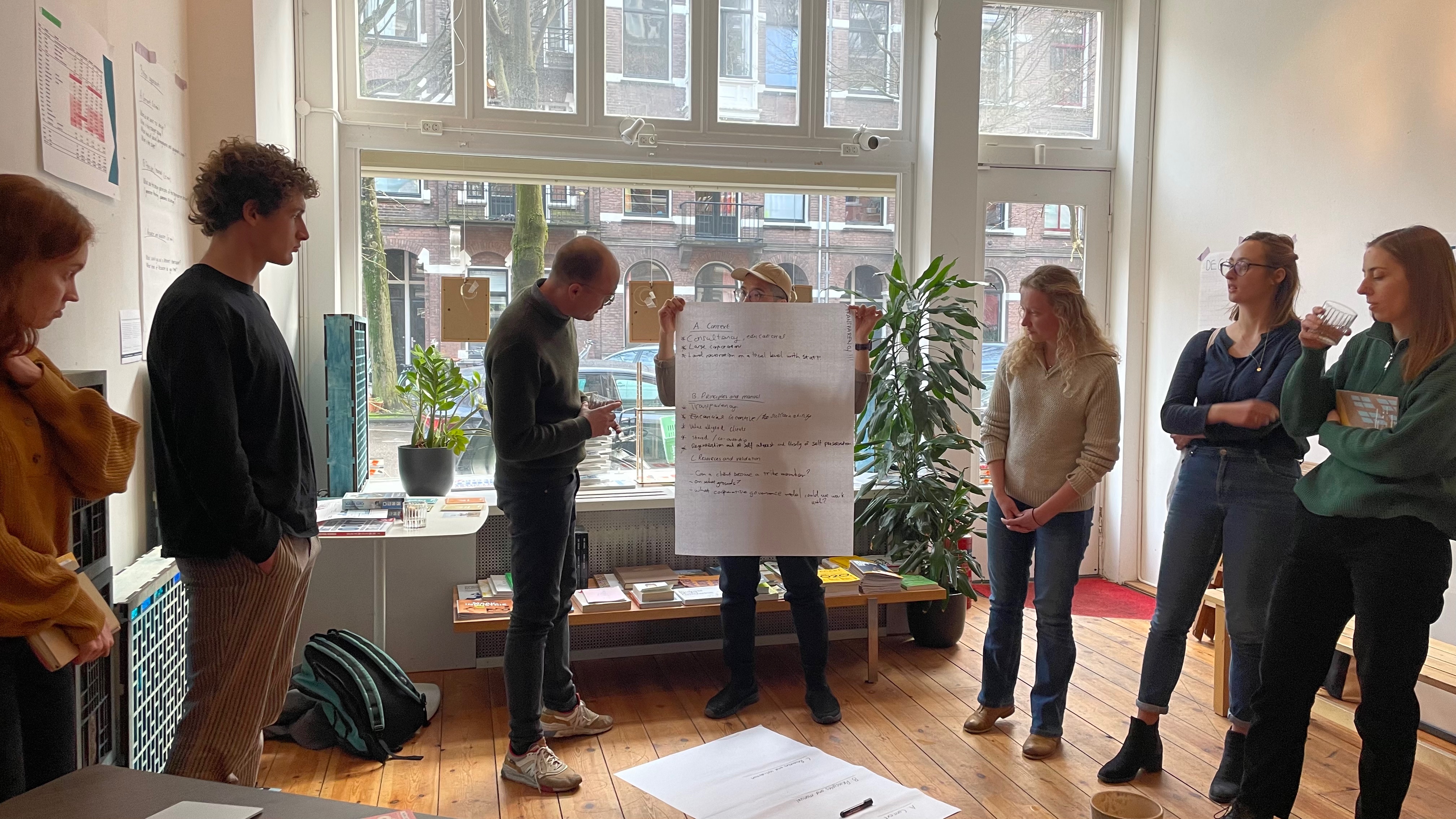TJIKKO – the name of the oldest tree in the world, and also of Amsterdam’s first Upside Club. Pepijn Duijvestein and his team started setting up a community that thinks about alternative solutions to the climate crisis with a focus on creating an economy that gives back to the planet instead of exploiting it. At its regenerative playground in the centre of Amsterdam, TJIKKO – The Upside Club hosted a workshop on regenerative design practices in collaboration with Pakhuis de Zwijger’s programme Designing Cities for All.

A group of ca. 25 participants with mixed backgrounds in architecture, design, business, sustainability and anthropology came together and explored the concept of regeneration. In an explorative ‘masterclass’ setting, Pepijn explained we’re all trying to grasp what regenerative design is, there is not one definition and it’s good to explore the possible interpretations of regenerative design. Basically it’s the shift from sustainability thinking towards imagining a way of life that not only preserves but heals nature and communities. According to him, this needs to happen along a social, economical and ecological dimension with an emphasis on human systems designed to sustain a functioning ecosystem. This means that designers need to be aware of conflict material, potential long term effects of their design as well as consider global – local forces and include equity. Upside Club created a ‘green heart’ design principle, which it will launch and share this spring. One of the key elements we need to understand, Pepijn pleaded, is that we are often unconsciously unaware of the side effects of some designs. Also, he regards Kate Raworth’s doughnut model and Indigenous Seventh Generation Thinking as crucial guiding principles.


During the second half of the workshop, participants split up into three groups and discussed regenerative design practices by engaging with three questions. One group explored new possible ways of designing a regenerative retail concept. Their ideas included a regenerative label, rethinking our gift culture and establishing TJIKKO as a breeding ground for collaboration. Another group tried to find an approach to make big corporations join the regeneration movement. They also discussed to what extent systemic change needs to happen within or without the existing system. The last group engaged with the chosen design project ‘light’ by questioning its role for design. After a short summary of the group work, a day filled with information, ideas, and (sustainable) food for thought comes to an end. Hopefully, knowledge has been spread and ideas have been sparked so that the designers of tomorrow will build a future for ALL.







